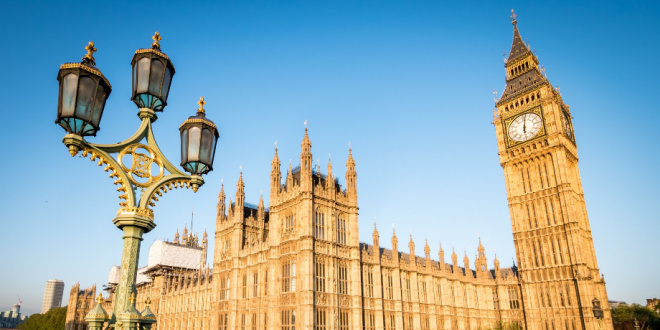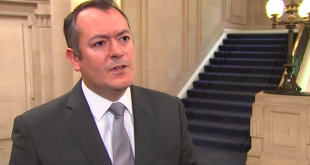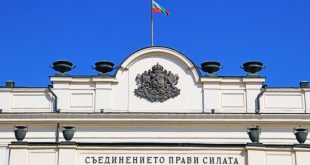There remains just one outstanding affair for the Gambling Review to consider… the introduction of a mandatory research, education and funding (RET) levy.
The issue has become a heated topic of debate over the past year, and as the review White Paper nears publication after close to 26 months in development, MPs have raised it as requiring attention.
According to Rob Davies, Guardian journalist and author of Jackpot: How Gambling took over Britain, over 40 MPs wrote to the government expressing concern about ‘flaws’ in the existing voluntary levy system.
“This is potentially significant because the white paper was thought to be more or less in its final form,” Davies explained on Twitter, citing government/parliamentary sources behind the ‘big gambling rumour’.
A source also informed the journalist that the ‘write round’ in question – where policymakers will come to agreement on the White Paper’s final recommendations – has not yet begun, but a statutory levy now has a ‘greater than 50% chance of happening’.
Big gambling rumour: There is a second "write round" of the white paper on regulatory reform happening.
This is potentially significant because the white paper was thought to be more or less in its final form. There was one major issue outstanding…
— Rob Davies (@ByRobDavies) January 26, 2023
As it stands, the current industry RET funding model sees operators voluntarily donate to GambleAware, which then distributes money between various projects and programmes.
The largest operators donate 1% of their revenues, previously 0.1% until the Betting and Gaming Council (BGC) pledged to increase the threshold in 2020, whilst firms with revenue of less than £250,000 donate a minimum of £250.
The model has received some criticism from different stakeholders, however – GambleAware CEO Zoe Osmund argued that there is an ‘inconsistent approach’ to funding from the wider gambling industry, with the vast bulk of donations coming from the ‘Big Four’ of bet365, William Hill, Flutter Entertainment and Entain.
In its latest update on industry donations, covering the third quarter of the 2022-2023 financial year, GambleAware revealed that 90% of the £13m sum was donated by Entain and bet365.
GambleAware has long argued that the government should adopt a public health approach to gambling harm, whilst replacing the voluntary donations system with a mandatory levy – which according to Davies, is now a step closer to being reality.
Zoë Osmond has previously stated that the levy would remove “inconsistencies in operator donations and provide a sustainable funding model to support future projects and programmes.”
Stakeholders outside the industry have weighed in on the debate, with public health professionals arguing that the existing system of funding towards GambleAware makes the charity too reliant on the industry.
Both the Northern Gambling Clinic (NGC) and Social Market Foundation (SMF) have expressed this viewpoint, arguing that the NHS should take on responsibility for operating gambling harm treatment programmes.
On the other hand, other charitable organisations such as Dealmeout and YGAM have urged more caution on this approach over the past year, arguing that such a move could threaten the ‘world class’ treatment network present in the UK.
As the debate heats up, the BGC itself has defended its relationship with GambleAware, criticising an article in the Guardian which claimed that the trade body wants to see ‘a quarter’ of RET funds directed towards projects chosen by the ‘Big Four’ bookmakers.
The association asserted that “the industry has absolutely no say on how this funding is spent by charities, nor does it seek one”.
If Davies’ sources prove correct, the debate on RET funding could soon be settled as a key caveat of the Gambling Act review, as MPs and civil servants near the completion of the biggest overhaul of the UK’s betting and gaming regulation in 18 years.
Prior to his report, media reported that the Gambling Review would feature no changes to RET funding structures, as the government would likely recommend that the divisive matter be settled by an independent review.










